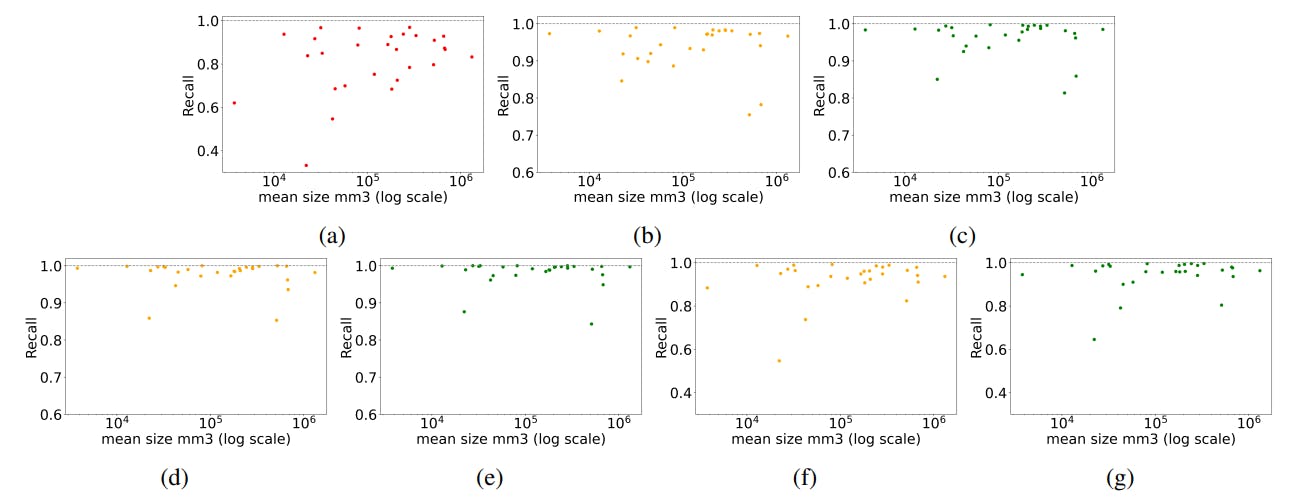In benchmarking the Samsung 9100 Pro, we used our latest testbed PC, designed specifically for benchmarking PCIe 5.0 M.2 SSDs. It is built around an ASRock X670E Taichi motherboard with an AMD X670 chipset, 32GB of DDR5 memory, one PCIe 5.0 x4 M.2 slot (with lanes that have direct access to the CPU), and three PCIe 4.0 slots. The system has an AMD Ryzen 9 7900 CPU using an AMD stock cooler; a GeForce RTX 2070 Super graphics card with 8GB of GDDR6 SDRAM; and a Thermaltake Toughpower GF1 Snow 750-watt power supply. The boot drive is an ADATA Legend 850 PCIe 4.0 SSD. (The reviewed SSD is tested as a secondary data drive.)
We put the Samsung drive through our usual slate of internal solid-state drive benchmarks: Crystal DiskMark 6.0, UL’s PCMark 10 Storage, and UL’s 3DMark Storage benchmark. The last measures a drive’s performance in a number of gaming-related load and launch tasks.
Crystal DiskMark’s sequential speed tests provide a traditional measure of drive throughput, simulating best-case, straight-line transfers of large files. We use this test largely to see if our recorded speeds are in line with the manufacturer’s rated speeds.
The 9100 Pro put up wicked-fast Crystal DiskMark sequential speed numbers, a hair short of its own read and write ratings, and second only to the WD SN8100 in each. While its 4K read speed was near the top of the second tier (though well short of the SN8100’s prodigious score), its 4K write score was feeble, well below the other Gen 5 drives we have reviewed and more in line with the two elite previous-generation (PCI Express 4.0) SSDs we included in our comparison. Good 4K write performance is especially important for an SSD used as a boot drive, though we test them as secondary drives.
The PCMark 10 Overall Storage test measures a drive’s speed in performing a variety of routine tasks such as launching Windows, loading games and creative apps, and copying both small and large files. It did well in this benchmark, with the third-highest score, just behind the Crucial T705. In the individual tests that, when aggregated, make up the PCMark 10 Overall score, the 9100 Pro did best on the Windows boot and the Call of Duty: Black Ops, Adobe Premiere Pro, and Adobe Photoshop launching trials, with second-place finishes in each.
In 3DMark Storage, which aggregates a drive’s performance at a variety of gaming-related tasks, the 9100 Pro’s score was in the lower middle of the pack.









